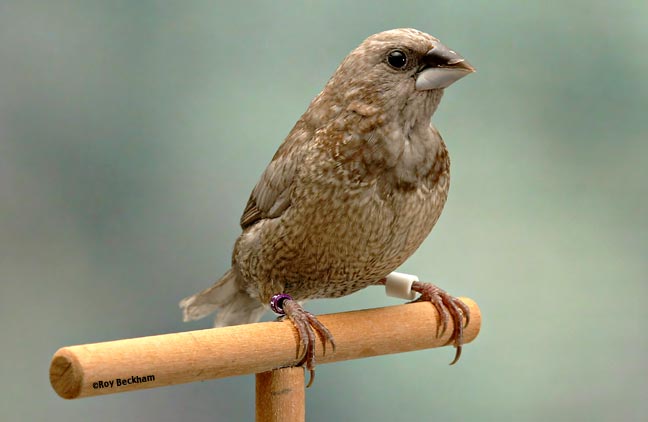My name is Austin Bream, and I write a blog called How Underdogs Win. Today, I’m going to guest write here, and give language a shot. I guess today I’m the underdog.
As I sat down to write this blog post, I didn’t expect the events I was writing on to become the base of one of the most terrifying weeks in America. Yes, of course I’m referring to the Boston Marathon attacks, and subsequent manhunt. But what captivated me in the attacks, besides the deeply unsettling casualties and historical shutting-down of Boston (fascinating recap), was the language surrounding what had actually happened.
For the most part, news sources informed the public of these attacks, referring to them as “acts of terror”. One person did noticeably avoid the phrase. President Obama. As I listened to his first speech, made Monday night, I noted the absence of what has unfortunately become too common a phrase. Why was Obama not using the phrase “act of terror”, especially when so many others were, including a White House Official who spoke immediately after Obama with a clarification on the absence of the phrase in his speech?
The best point to begin with is the word’s history and connotation. First popularized during the French Revolution, the word had positive implications, a government initiated system to restore order amidst chaos through the use of terror (think guillotine). History also shows us that terrorism was organized, heavily planned in advance, a characteristic taken into account by the CIA definition, which describes terrorism as “premeditated, politically motivated violence perpetrated against noncombatant targets by subnational groups or clandestine agents”. It was only through the anti-colonialist sentiments after World War II, which fueled attacks against European powers, that the word took on its modern connotations of attacks against a government and not by it.
This information aids in understanding Obama’s decision. At the time he gave his first speech, he did not know if political motive existed. And with the memory of his phrasing of the attacks in Libya and the controversy there created, he wished to be deliberate in his words. But the next day he spoke again, and used the word terror in describing the attacks. However, he also clarified that the motive and actors were as of yet unknown.
The language surrounding the attack continues to be important through the crazy events that have followed the attacks. The actors in this attack have been called “devout to Islam” and hail from Chechnya. Yet whether they wished only to cause damage or had a more political motive is still unknown. And thus, dubbing the attacks terrorism is not precise. And it is risky. For in so doing, their home region and religion instantly becomes associated with acts of terror, hate crimes occur, and more fear arises. But if their motives were not political, and even if they were not related to religion or homeland, then no terrorism occurred. Thus the phrase acts as a trigger for more fear, more violence.
To conclude, should we ever use the word terror? It seems to me that as soon as the label is given to any act, the action gains further success. Let me explain. A terrorist wishes to incite terror, to use the attack to fuel instability and collapse. When, after an attack, we enter into a period of fear and become unstable, we aid the attacker. And using the word terror incites this fear. Furthermore, the word is tricky as to its correct usage, high risk with little reward. Thus, I don’t see merit to using the word terror, but I do recognize the importance of language in terrorism. And how terrible it can be.
To all the victims of the attacks in Boston: You are in our hearts and prayers, our thoughts and wishes. This is a reminder of how great America can be. Not in our fall, but in our ability to rise and come together again. As we stay together through tragedy, we ensure those wishing to destabilize us through violence do not succeed, and what could be terrorism isn’t.



